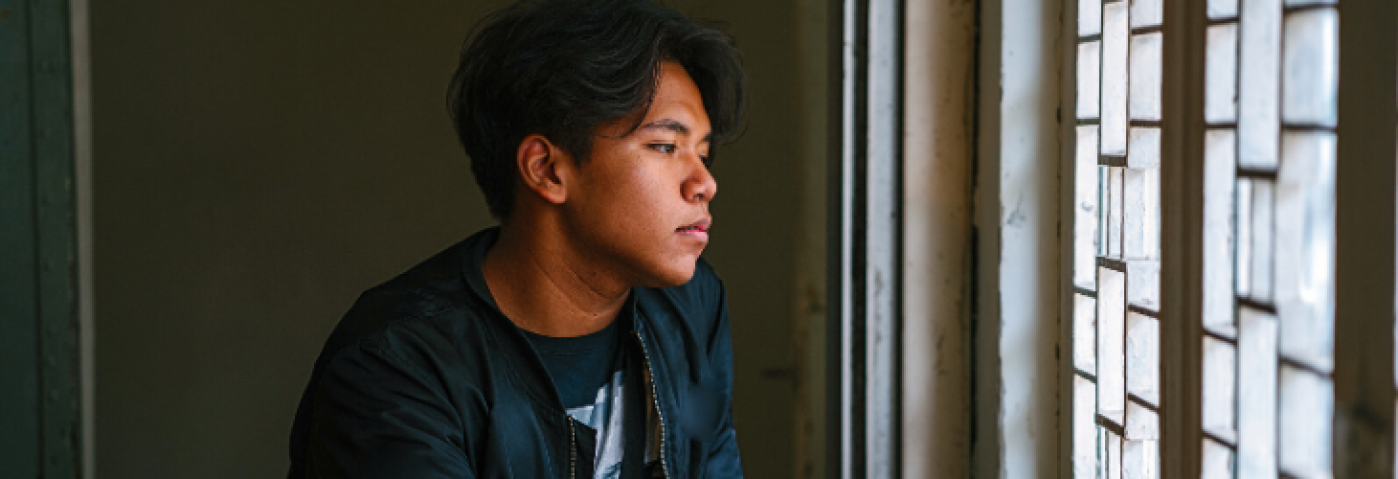Teens and drugs go hand in hand. While the chemicals on the street today may be different from those from 100 years ago, teens were still using and abusing substances a century ago. However, that fact doesn’t make it any easier to find drugs in your child’s room. The experience of finding drugs or a foreign substance in your kid’s pocket, or hidden beneath their mattress, is freighting and overwhelming. We’ve been there, and we understand. It’s an earth-shattering experience to learn your child has been using drugs.
Here’s the critical part – it’s not the end of the world. It’s scary, but finding out your teen has been using drugs isn’t a death sentence.
The Truth About Teenage Drug Use
Teenage drug use doesn’t mean your child is going to end up destitute and on the streets. Keep in mind; teenagers experiment with many substances during these critical developing years. Remember, there’s a considerable difference between experimentation and abuse. There’s also a significant difference between abuse and addiction.
Finding drugs in your teen’s room doesn’t mean anything other than you found drugs in your teen’s room. Read on to learn the hard facts and statistics about teenagers and drugs. You may just be surprised.
Teen Drug Use Facts & Statistics
When it comes to statistics about teen drug use, you must remember that many of these cases go unreported. On occasions, teens abuse drugs for years before their parents notice. While finding drugs in your child’s room is heartbreaking, the fact that you caught them early might be a good sign.
According to the National Institute of Drug Abuse, teen drug use statistics as of 2019 indicate:
- Teenage drug use is down about 20-30 percent compared to the mid-1990s.
- The overall percentage of students vaping continues to rise substantially.
- The overall percentage of students vaping marijuana also continues to rise.
- Cigarette smoking, on the other hand, has significantly declined across all teenage brackets.
- The reported use of flavored tobacco keeps declining. The same applies to large cigars and Hookah pipes.
- Daily marijuana consumption is increasing particularly among 8th and 10th graders.
- Alcohol use and binge drinking have been declining for the past five years.
- Finally, Opioid misuse is declining among 12th graders.
What to Do If You Find Drugs in Your Child’s Room?
The first thing any parent should do after finding drugs in their teen’s possession is to talk to them. Sit down and have an honest conversation with your child. Find out what they’ve been using, how often they use, how long they’ve been using, and how they administer the drug in the case of powder drugs like cocaine or heroin.
Afterward, tell them about your own experience, however limited or extensive, with drug use. Tell the reasons you don’t want them to use drugs and ask them the reasons they are using.
Although that conversation isn’t going to be easy, it is the first step to beginning the recovery process. Open and honest communication is critical to healing from addiction
How to Confront Your Child When You Find Drugs?
Well, you don’t. While your initial reaction might be to find the best punishment to use when you catch your kids doing drugs, that’s hardly ever the best alternative. If you start the conversation with a confrontation, you may lose the battle before you even begin.
Instead, remain calm and put together. Avoid any arguments or discussions that might cause your child to isolate or refrain from talking to you. Ideally, you’ll want to start researching teenage drug use and the possibilities that your child is a drug addict.
Watch out for early signs of drug abuse, such as:
- Losing interest in their favorite activities
- Changing friends
- Acting aggressive or angry all the time
- Oversleeping more than usual
- Sudden weight loss
- Bloody or watery eyes
- Acting irresponsibly and irrationally
If you notice any of these symptoms, have a conversation about drug use and abuse with your child. Please do your best to remain calm and don’t yell at them. The idea is to figure out the “why” behind their drug use. Finding the root cause will help both of you start looking at alternative treatment options if needed. Depending on the level of drug use, you might consider speaking to a counselor or therapist before looking into a complete drug rehab treatment plan.
What about If My Child Is Addicted Already?
If your loved one is unable to stop or doesn’t want to, the next step is reaching out to the professionals. Start by learning as much as you can about addiction; discovering about this illness is the first step in understanding what you can do. Then, consider calling addiction specialists, or talking to friends and relatives who’ve gone through similar struggles.
Finally, take a deep breath and remember that both you and your child are going to be okay. Learning your teen is using drugs is scary, but there is hope and help available. In fact, in cases where you can talk to your child and have that honest conversation, it’s the beginning of a new chapter in your relationship.
Find the Help You Both Need
At Lighthouse Recovery Institute, our counselors and medical staff have years of experience in helping parents that struggle with their children’s drug use. If you believe your child is using drugs, reach out for help before you confront them. Having the right tools can help you talk to your child to help them and protect your relationship. When they’re ready, we can work with them and the entire family to find the best way to approach the situation.





